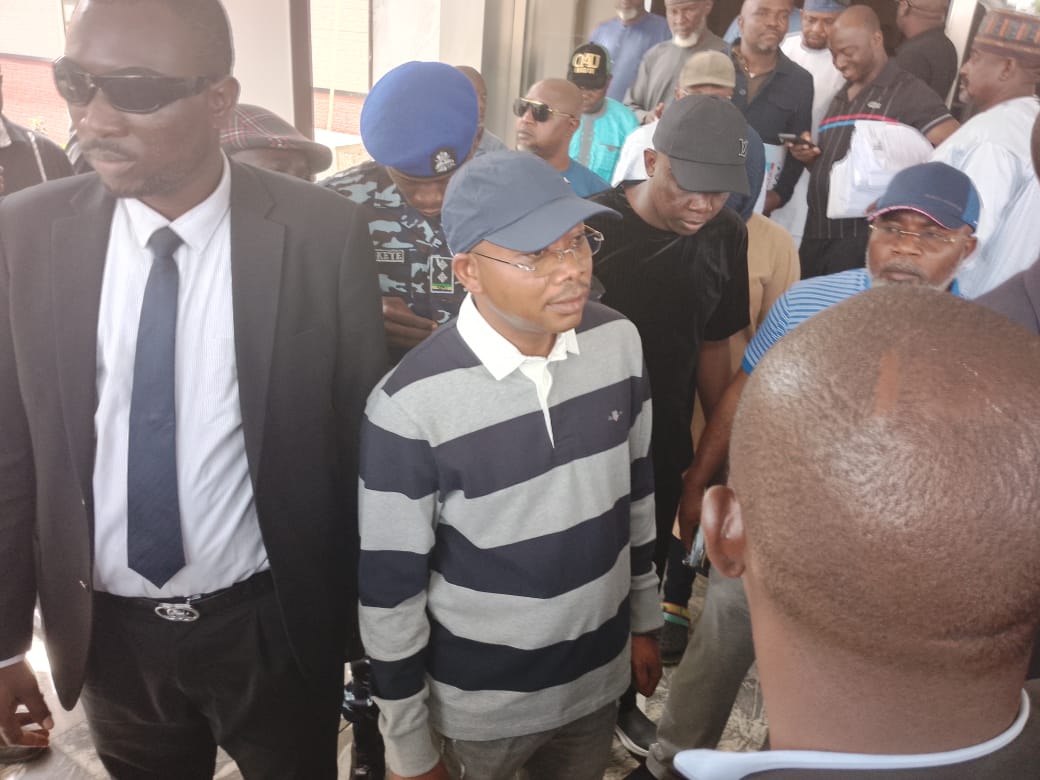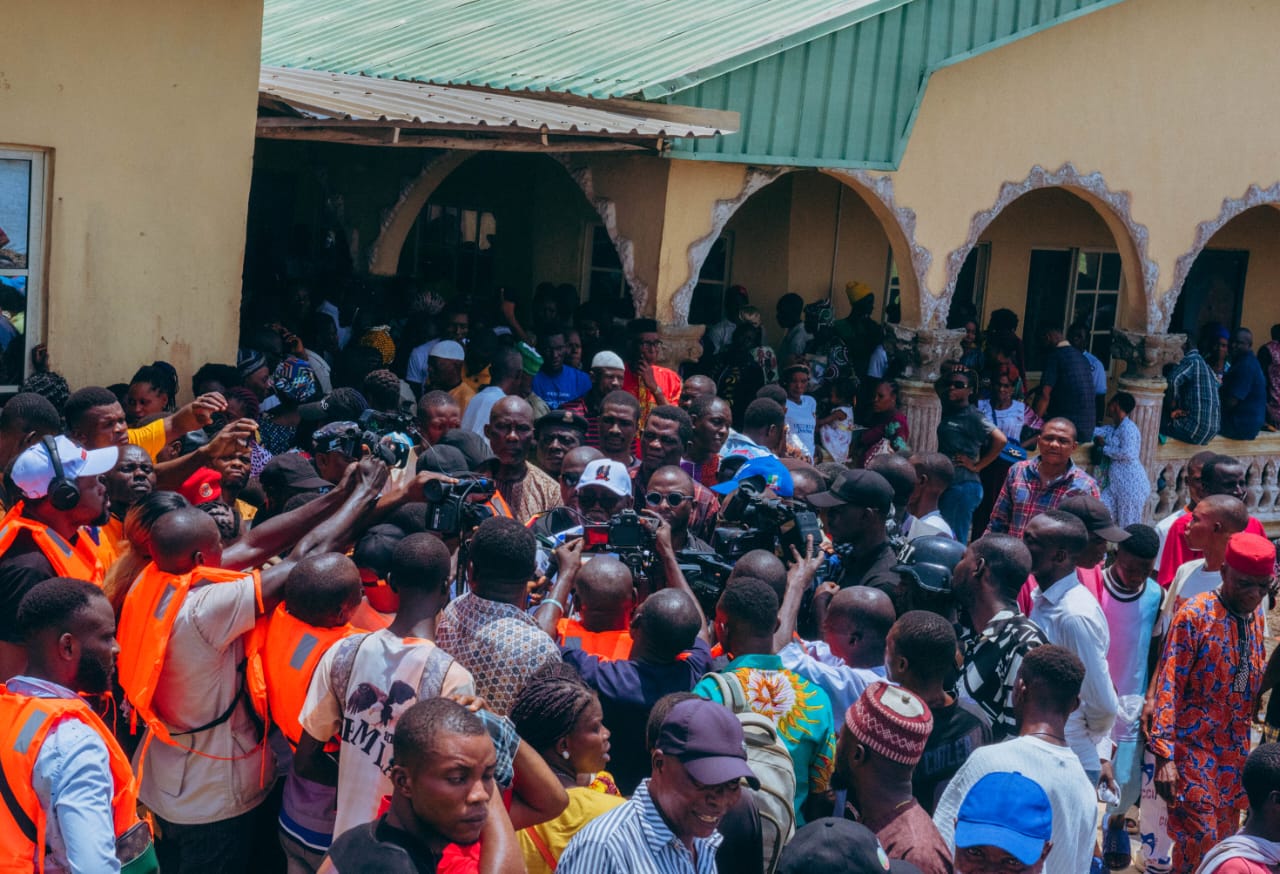File photo of Nigerian soldiers
Residents of Okuama community, Delta state, have instituted a suit against the Nigerian Army over an alleged breach of their fundamental human rights.
In the suit marked FHC/WR/CS/41/2024 and filed before a federal high court in Warri on Thursday, the plaintiffs are seeking N200 billion as general and exemplary damages.
On March 14, a group of army personnel comprising a lieutenant colonel, two majors, one captain and 12 soldiers were killed in the community.
Since then, there have been military operations in Okuama in a bid to find the perpetrators.
Advertisement
In the suit, the applicants averred that they have been subjected to accusations and media trials over the incident.
They claim they have been subjected to collective punishment by the army without any police investigation or any public inquiry indicting them for the crime.
The applicants further averred that they were displaced from their homes, their properties destroyed and many killed.
Advertisement
They are seeking an order from the court “for the enforcement of the fundamental rights to the dignity of the human person, right to a fair hearing, right to private and family life, freedom of movement and right of choice of place of residence and right to own property of the applicants and residents of the Okuama community”.
They are also seeking an order restraining the army from further violating their fundamental rights and an order enabling the applicants and residents of Okuama community to take back possession of their land.
Those named as applicants in the suit include Victor Akemor, Madam Omotiwori Olarehor, Victor Odi, Okrika Emmanuel, Austin Eferemua, and Evelyn Edjekola.
Others are James Ubredu, David Oghenewede, Lucky Orode, Iwriogbo Best, Felix Orhiunu, Bernard Michael, Oghenekobiruo, Vero Joseph, Ebikawe Emmanuel, Francis Uphurie, and Belvis Adogbo.
Advertisement
The plaintiffs are suing for themselves and the public interest of the Okuama community residents.
The lawyers in the suit are Malcolm Omirhobo, Akpokona Omafuaire, Seprebofa Oyeghe, O. L. Ofuasia, and Ernest Ogbaga.
Add a comment






